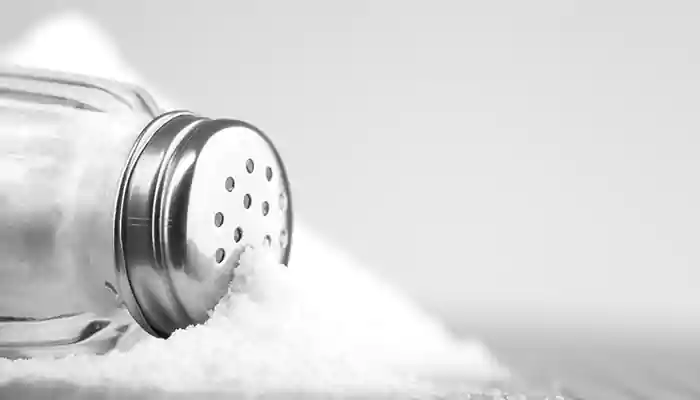Is Salt Bad for Health? Five Facts about Salt You Should Be Aware of

We all know that salt is an essential part of our food, especially in the foods of the Indian sub-continent but salt is rich a contains known as sodium, and excessive sodium in our body can various diseases lead such as high blood pressure, heart disease, and stroke. So you should avoid salt as much as you can or if it’s not possible then try and minimize the use of salt.
Our body needs a particular amount of sodium (a component in salt) to keep functioning our body and make us healthy. But most of us have over the recommended amount which is not great for your health, so it’s advisable to use salt in moderation. Using a high amount of can do more harm to your body than good as it’s one of the main causes of raising your blood pressure. Along with it, your risk of stroke, heart disease, and kidney disease increases. Here are five facts about salt You should be aware of
Intaking large amounts of salt affects more than just your blood pressure
Many people know that high blood pressure occurs because of the high sodium content in your body. It can increase your risk for hypertension (high blood pressure), and can lead to various diseases such as strokes and heart attacks. The kidneys are sensitive to salt intake and kidney disease makes it worse and increases the risk of high blood pressure, strokes, and death from coronary artery disease.
Bloating
If your stomach feels tight or swollen or tight it’s a common short-term effect of eating too much salt. It aids your body to retain water so that the extra fluid builds up. Foods need not taste salty for them to have a good amount of sodium. Junk food as such as sandwiches, pizza, bagels, and canned soup can be bad sources of salt. It can cause blotting which means your stomach may swell.
Long-Term Effects
Sodium levels in the blood increase if you take a high amount of salt. Your body will respond by draining more fluid into the blood to keep the sodium concentration right level. Though, by raising the fluid volume, the pressure against the blood vessel walls is augmented which can cause high blood pressure. There are also long-term effects of eating too much salt like bulged heart muscle, heart failure, headaches, high blood pressure, kidney disease, kidney stones, osteoporosis, stroke, and even stomach cancer.
Controlling Intake of Salt
Your body requires sodium to keep itself healthy but too much of everything is not good including sat as high amounts of sodium over a long period can cause high blood pressure, strokes, and cardiovascular disease. The majority of that salt comes from processed foods in today’s time when everyone is in a hurry, especially in cities. The use of junk food is not good for health. You can manage your diet and keep your salt intake down. Try to eat homemade foods and take them in tiffin on the job You can start by preparing more foods at home and it will make you avoid junk processed and ultra-processed foods.
Your taste buds adapt to your daily salt intake
It’s a normal belief that reducing salt in foods might take the food tasteless and you might be right for some time. Our taste buds seem to adapt according to our food habits. Research has proved that people can get used to consuming less salt in foods as gradually your taste buds adapt to it and you can also be able to taste other flavours of food better.




